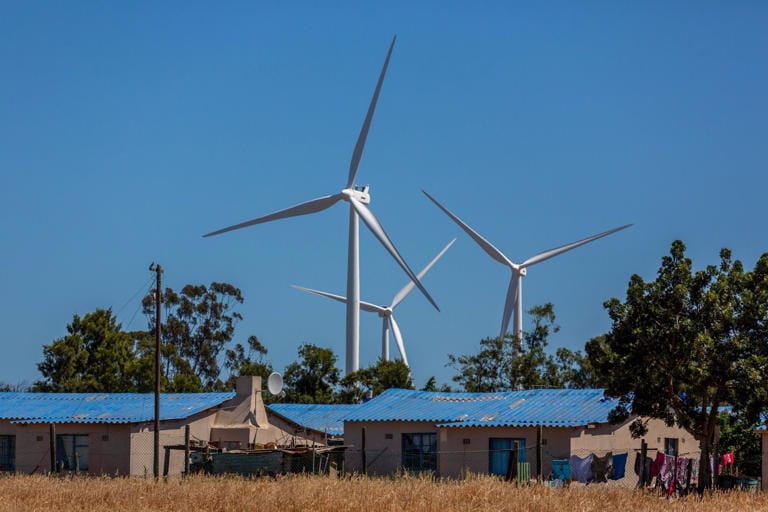The United States has delayed the release of $2.6 billion in climate finance meant to support South Africa’s shift from coal to clean energy. This move has raised concerns that the funds may not be disbursed, putting South Africa’s green energy plans in jeopardy. Without this support, efforts to reduce coal dependence and address ongoing power shortages could stall.
Earlier this month, US representatives blocked the approval of a $500 million disbursement during a Climate Investment Funds (CIF) meeting. This amount would have unlocked an additional $2.1 billion from multilateral development banks and other funding sources. Sources familiar with the matter, who requested anonymity, said the approval may be revisited at CIF meetings in June.
South Africa, where coal generates over 80/percent of electricity, planned to use the funds to retire outdated coal-fired power plants and develop renewable energy projects. Delays in accessing these funds could slow down the country’s green transition and disrupt efforts to cut carbon emissions. It may also affect other African nations seeking similar climate funding for their clean energy transitions.
The delay comes amid strained relations between the US and South Africa. Under former President Donald Trump, the US halted aid to South Africa, declared its ambassador a “persona non grata,” and accused the country of expropriating land. However, no private land has been seized since the end of apartheid in 1994. Trump also withdrew the US from the Paris Agreement, canceled a $4 billion pledge to the Green Climate Fund, and ended support for international efforts to help countries like Indonesia, Vietnam, and South Africa reduce their coal dependence.
Disbursements by the CIF, which manages $12.5 billion, require unanimous approval from its 15 contributing nations. These nations can block disbursements by either objecting or requesting more information about the intended use of the funds. It remains unclear whether the US objected outright or simply requested additional details. A US Treasury spokesperson declined to comment, while the CIF stated that member deliberations remain confidential until a decision is finalized. South Africa’s climate finance unit within the Presidency also declined to respond.
The US is the largest contributor to the CIF, providing $3.84 billion. The UK follows closely with $3.63 billion, while Germany, Japan, and Canada have each contributed over $1 billion. South Africa had an opportunity to secure the funds late last year under the Biden administration. However, it chose to renegotiate the terms to extend the operation of three coal-fired power plants beyond the 2030 deadline due to concerns over energy security and power shortages.
Losing this funding would be a major setback for South Africa’s clean energy goals. As the most industrialized economy in Africa, South Africa’s progress on energy transitions influences other nations across the continent. A failure to secure this financing could weaken trust in international climate finance commitments and hinder Africa’s push for sustainable energy. Without these funds, South Africa and the wider region may struggle to meet climate targets, impacting long-term environmental sustainability and economic growth.


